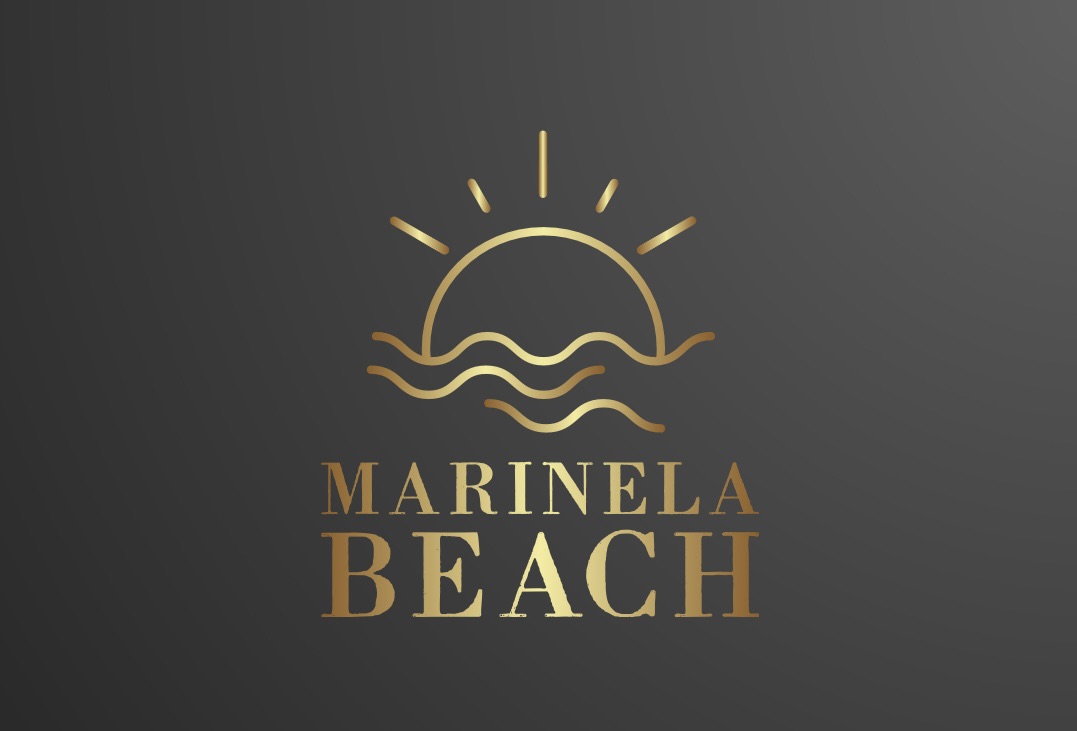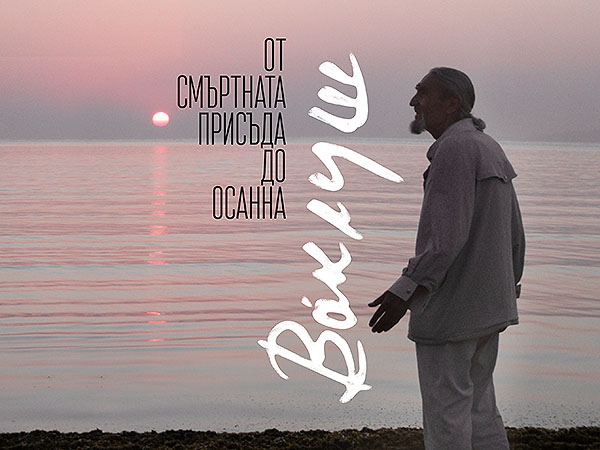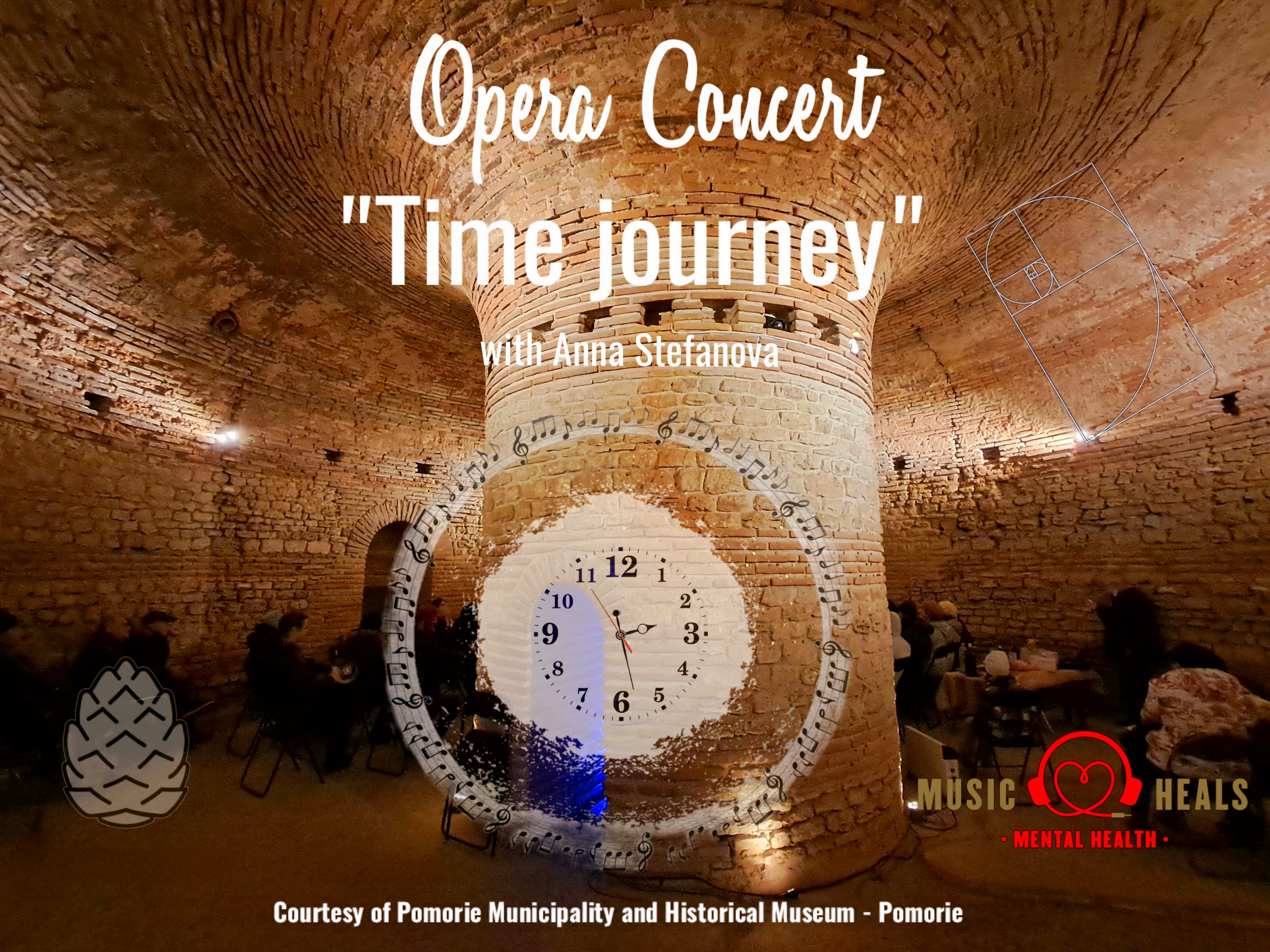Furor over a stretch of Black Sea beach rekindles long-running tensions over role of oligarchs.
Bulgaria’s deepest institutional crisis in several years ignited with a surreal incident on Tuesday when a centrist politician tried to plant the national tricolor on a shingly Black Sea beach, but was wrestled away by security guards.
By Thursday, the complex scandal — which cuts to the heart of who really runs the country — had spiraled to the top echelons of power and the socialist president, Rumen Radev, accused the state prosecutors of being in league with the mafia after they arrested two of his aides.
On Thursday evening, a crowd gathered in central Sofia to protest, arguing the rapidly evolving events had exposed how vested interests pulled strings inside the judiciary and had laid bare the blurred lines between powerful oligarchs and the state’s shadowy security apparatus.
Radev, a former fighter pilot, went to the crowd and praised the protesters for laying aside traditional party-political divisions to oppose the country’s organized crime barons and political kingpins.
“The Bulgarian mafia has achieved the impossible and united honest people against it,” he told the protesters, who carried banners with slogans like “The mafia sows only death.”
This week’s saga kicked off on Tuesday when Hristo Ivanov, leader of the anti-corruption Yes Bulgaria party, traveled in a rubber dingy to a Black Sea beach at Rosenets to plant a Bulgarian flag.
“It is up to all of us to throw the mafia out of the executive branch, to throw the mafia out of the prosecutors’ office, which the mafia uses in the most ruthless way as its shield and for political repression,” Radev continued.
On the beach
This week’s saga kicked off on Tuesday when Hristo Ivanov, leader of the anti-corruption Yes Bulgaria party, traveled in a rubber dingy to a Black Sea beach at Rosenets to plant a Bulgarian flag.
The gesture — caught on camera along with the subsequent wrestling match — was always bound to be inflammatory because the part of the coast where he landed, while legally public land, is a base of Ahmed Dogan, one of the country’s most controversial veteran politicians and former head, now honorary chairman, of the country’s ethnic Turkish party.
After landing on the beach, Ivanov was promptly intercepted by shaven-headed security honchos in sunglasses. Ivanov gave legal evidence to the police that he was on public land, but the policemen were unwilling to challenge the security agents, whom Ivanov described as “anonymous gentlemen.” Ivanov’s requests that the agents identify themselves proved futile.
vanov was keenly aware that he was venturing into confrontational territory. Dogan is still viewed as a top behind-the-scenes power broker in Bulgarian politics. Most importantly, he is closely allied — through his party — to the country’s most notorious member of parliament, the media mogul Delyan Peevski.
Reporters Without Borders describes Peevski as the “embodiment” of collusion between oligarchs and politicians, and his (ultimately unsuccessful) designation as Bulgaria’s spy chief sparked massive street protests in 2013.
Ivanov is a former justice minister, who argues that Peevski is at the center of a “poisonous circle” that has taken over the country’s legal system, partly using ties to the former communist-era spy service. His intention with the beach trip was to expose how oligarchs seem above the law, particularly in their use of security apparatchiks.
It was Radev who stepped in with an answer to Ivanov’s question about the “anonymous gentlemen” and on Wednesday identified them as agents of the NSO, a Bulgarian state security service. He asked the prosecutors to be involved in inspections of Dogan’s coastal facilities, and stressed that he did not think Dogan and Peevski were entitled to NSO guards.
President versus prosecutors
Radev’s intervention seemed only to trigger a battle royal with the prosecutors. When asked about the president’s request for an investigation of the Rosenets beach, Bulgaria’s Chief Prosecutor Ivan Geshev was dismissive.
“What Rosenets incident are you talking about?” he was quoted as saying by the Bulgarian news site Mediapool. “The prosecutors’ office has no intention of being embroiled in petty political games.”
He said it was not his role to look into whether the men involved were NSO agents, and argued the incident smacked of political games before next year's elections.

However, the prosecutors’ arrest Thursday of two of Radev’s aides, in connection with what Bulgarian media described as investigations over a release of state secrets and influence peddling, has now escalated the stand-off to unprecedented levels of tension.
The campaign group “Justice for Everybody” made a link between the beach incident and the arrests.
“The president uses legal arguments to stand up against the use of the security service to protect private individuals and seeks to clarify the status of a marine park, a beach and a port — which are Bulgarian territory — and as a result of that, a day later, military prosecutors and police storm into the presidency in a raid,” the group complained.
Ivanov on Thursday doubled down and demanded from Prime Minister Boyko Borissov, who has remained silent, that Dogan and Peevski not receive security protection from NSO agents. “The state must stop serving Peevski and Dogan and have one law for all,” he said.
Dogan and Peevski have not commented on the escalating crisis.
































